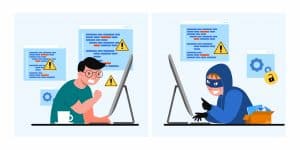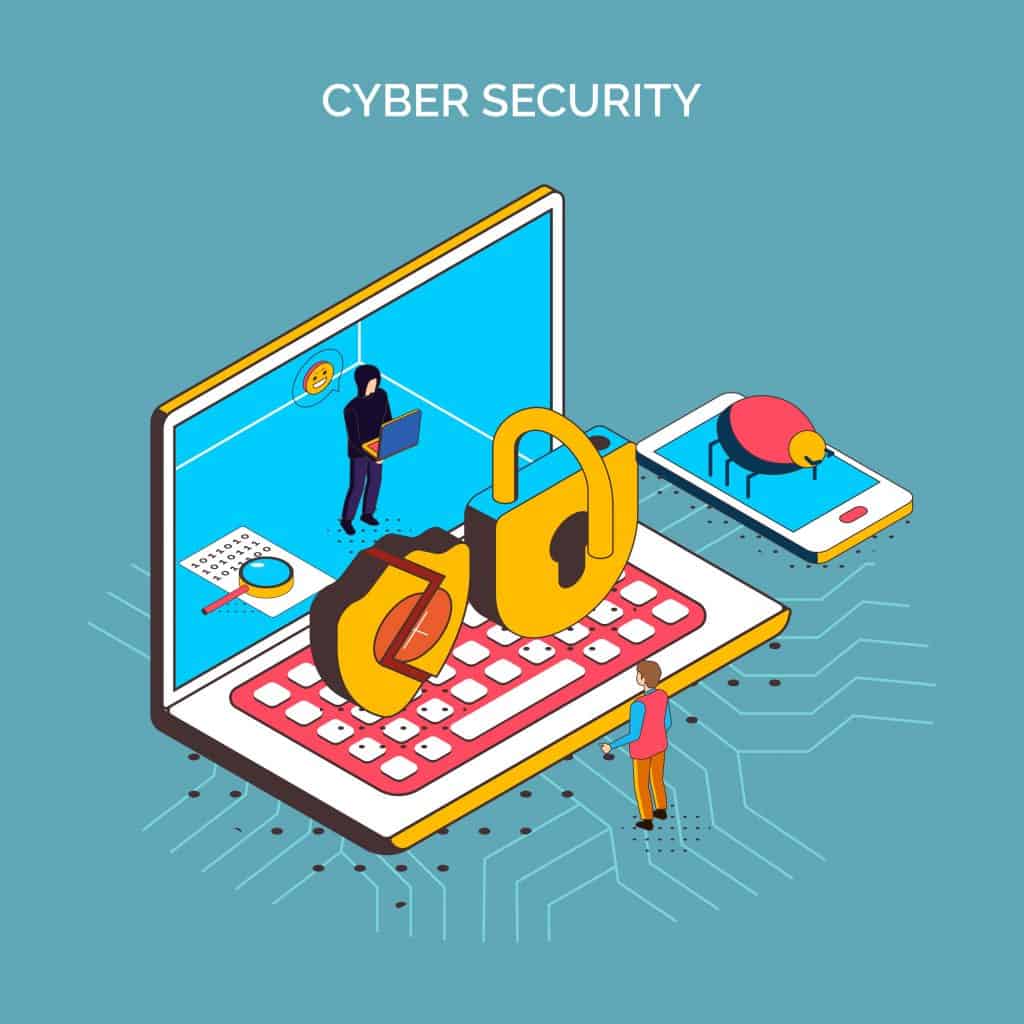
April 26 is World Intellectual Property Day. How much do you know about proper protection and "net" safety? Do you think you are safe on the internet? Are you aware of all online dangers?
We can all agree that the Internet is one thing that makes our lives much easier. It saves us time in doing daily tasks and makes communication practically free. But the endless possibilities that are made available to us are also available to those with not so good intentions.
In order for someone to break into your computer and grab passwords, they first have to break into your network. This isn't too difficult either if the attacker is persistent and the network is protected by a weaker protocol or a simple password.
Some of the most common online threats are cyber bullying, cyber predators, release of private information, stolen identity, phishing emails, stolen account details, stolen financial details, fraud, chat rooms & social media apps, inappropriate content, online grooming, reputation risk.
Today we write more about phishing and bring you the most important things to remember if you spend some time or all the time on the internet.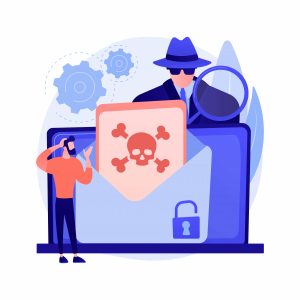
The Internet server always sees who it is, from what device and when he accessed the Internet, even to what website. It is obliged to disclose this information to the police or other legal authorities upon request.
The operators of websites / various services / games and similar media that we access also have access to our IP addresses. However, they usually only use these as statistics about the general traffic on their sites.
Apart from the inevitable IP address, everything you post on social networks, photos you have posted as profile photos on various online accounts, or any content (image, video, text) you have ever published anywhere stays on the Internet. This content remains stored on internet servers even if you have deleted it in the meantime.
With a good password (at least a dozen characters with upper- and lower-case letters and a few characters), you're already a little more secure. If you want to make sure you've chosen a strong password, you can use online password generators that are created with special programs.
Remember - a good password is hard to remember! Using the same password for several different purposes is simply insecure. While it is difficult and very impractical with the flood of online services, websites and social networks to have a separate password for each, you should still at least consider grouping them together and using a different password for each group.
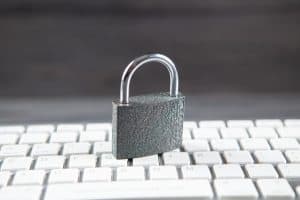
Don't leave your devices unattended! Does your phone automatically connect to social networks, email services and the like? Very often, we have such an option built in because it makes our daily lives easier.
However, make sure that you don't leave your device unattended. So, if you are in the office and go to lunch or a meeting, lock the workstation, if you are in a cafe, watch your phone and be sure to use a complex password for it.
As mentioned earlier, anything you don't want everyone to see, don't post online, even if you delete it. Don't post your own or anyone else's personal information, try to avoid writing the exact date and place of birth, don't post photos of personal documents, etc. Avoid posting photos or videos of children and minors, and addresses where you live or reside.
Do not post photos/videos of the furnishings of the rooms where you live. Avoid sharing information about your vacation or time away from home.
When on social media, be careful who you connect with in "friendships" and use the option to limit what you view or post. This way, the content will only be visible to your friends and not to all users of that social network or the internet.
Before you click on an internet link, no matter who sent it to you, think twice! The various computer viruses are programmed so that it only takes one click to download and infect the device you are using.
Computer viruses can be programs that allow unfettered access to all the data on your device, even if a third-party break into your internet accounts and changes your password.
Also watch out for messages in which someone asks you to send them a bank routing number, password, or other sensitive personal information.
Use public computers only to search for information and not to connect to any of the available Internet accounts (email, social networks, banking services, etc.).
Public computers are accessible to everyone, so all the data on them is accessible to everyone: from search history to the information needed to log into Internet accounts
Before you get behind the wheel, you need to learn a lot about driving in order to get a valid license to drive a car. There is no such procedure for using the Internet - if you don't want dealing with this type of technology to put you at risk financially, we advise regular education. 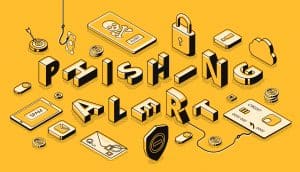
Phishing is a form of cyber-crime where a target (or targets) is contacted by email, phone or text message by someone pretending to be a legitimate institution and tricking people into giving them their sensitive information - ID card information, credit card numbers and / or passwords.
This information is then used to access accounts or steal identities, and can financially harm the targeted individuals in a variety of ways.
The first phishing lawsuit in history was against an American teenager who had created an imitation of the website "America Online". It was a fake site through which he easily obtained data from users' credit cards, thus stealing money from their accounts.
Besides email and web phishing, there is also voice phishing and SMS phishing, and cyber-criminals are developing new techniques every day to deceive users and seriously compromise users' Internet security.
The website FBI's Internet Crime Complaint Center reports that people lost $57 million in one year to phishing attacks.
Although hackers are constantly finding new techniques to get the data they want, there are a few things you can do to protect yourself and your business:
Caution is never enough. Follow our articles, we will bring you more interesting content.
